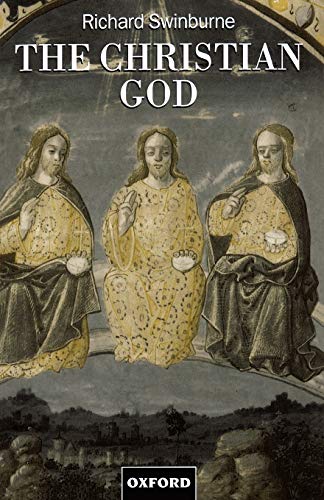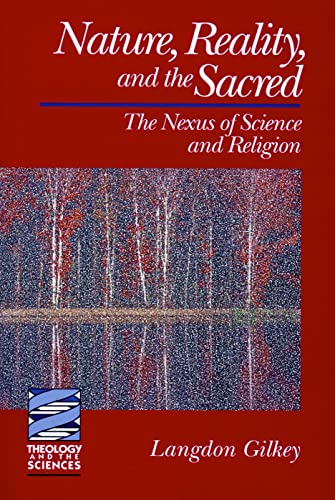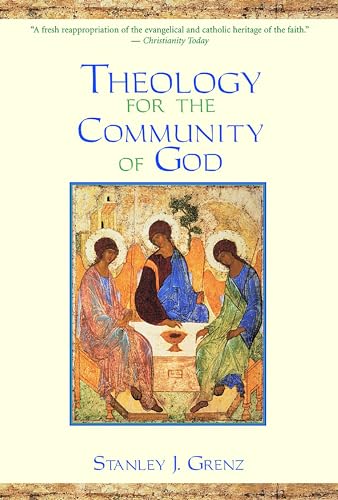The Old Testament of the Old Testament. Patriarchal Narratives and Mosaic Yahwism (Overtures to Biblical Theology)
Written by R.W.L. Moberly Reviewed By H.G.M. WilliamsonThe basic thesis of this book, which Moberly has developed from his 1988 Tyndale OT lecture, may be simply stated. In the first chapter, he maintains on the basis of a careful exegesis of Exodus 3:13–15 and 6:2–3 that the name of God was newly revealed to Moses as Yahweh. Although he is identified as the God of the patriarchs, neither Moses nor Israel knew this form of his name previously. Chapter 2 asks why, then, the name appears so frequently in Genesis and Concludes that it is because the patriarchal narratives are being retold from within the perspective of Mosaic Yahwism; the suggestion that Genesis 4:26 indicates that the name was known from earliest times is mistaken.
In the light of these preliminaries, chapter 3 examines the portrayal of the religion of the patriarchs as it emerges from Genesis and finds on the one hand that it has a certain internal consistency and on the other that six prominent features mark it off from later Mosaic Yahwism as known in particular from the book of Exodus. The nature of its cult, for instance, is markedly different, it manifests an openness to the local population of Canaan that contrasts with later Yahwistic polemic, and it lacks, therefore, the Yahwistic concern for holiness: ‘The concept of holiness, from Exod. 3:5 onward, focuses the exclusive, demanding, regulated, mediated, and sanctuary-centered relationship between YHWH and Israel, while the absence of holiness in patriarchal religion equally epitomizes its open, unstructured, and nonlocated unaggressive nature’ p. 104).
These observations enable Moberly to advance his thesis in chapter 4—the chapter from which his book takes its title. The patriarchal naratives relate to the rest of the Hebrew Bible in a manner analogous to the way in which for the Christian the OT is seen to relate to the NT. There is continuity, in that both ‘dispensations’ refer to the same God, but also discontinuity, in that he has revealed himself in a new way which in some important respects supersedes that which went before. Furthermore, some of the ways in which Christians read the OT, for instance in terms of promise and fulfilment, by the use of typology and as furnishing examples for the spiritual life, are reflected in the ways that the literature of the patriarchal narratives has been fashioned from within the perspective of Mosaic Yahwism. In two concluding chapters, Moberly then relates his conclusions first to modern Jewish-Christian dialogue and then to some of the more conventional scholarly concerns of Pentateuchal criticism.
This terse summary can hardly do justice to this thoughtful and thought-provoking book. In the first place, Moberly is very methodologically conscious, and he spells out clearly where he thinks that other scholars have gone astray in this regard. Students will therefore learn a great deal (in simple and straightforward language) about the hermeneutical problems of reading ancient texts, about the difference between historical and theological reading, about the importance of the context within which the reader operates, and about what it means to ‘privilege’ the Bible as the Scripture of the believing community. All these and other issues are currently the topics of much technical discussion, and Moberly shows himself to be abreast of the issues, but he has an enviable ability to explain and illustrate them in an intelligible manner and one which is seen to have great relevance to an informed Christian appreciation of the biblical text.
Secondly, Moberly also summarizes and relates his conclusions to a number of standard scholarly studies, both critical and conservative, of the patriarchal narratives and religion. Students will thus gain as a by-product an excellent introduction to, as well as critique of, many positions which are often taken for granted in textbooks and commentaries.
Most importantly to my mind, however, is the enormous advance which this book represents in an evangelical approach to the material. Too often conservative scholars have tried to play the critics’ game but in wholly negative terms: it is wrong to adopt source criticism of Genesis, it is wrong to deny the historicity of the patriarchs, and so on—none of which can be said to advance our understanding of the biblical text very greatly. Furthermore, such a negative stance fails to do justice to the fact that these narratives were clearly transmitted within an Israelite/Yahwistic environment, that this has patently left its mark upon them and that this cannot but influence the way in which they should be read. Moberly sees all this more clearly than most and works with his material from within an OT position first and foremost—not from outside as an ancient historian or a student of religions, but as an OT, and indeed a biblical, theologian. Consequently, his results and conclusions are all positive.
That is not to say that it is necessary to agree with all of his conclusions. There are some aspects of his treatment of the appearance of the divine name in Genesis, for instance, which fail to convince, and this has important ramifications when it comes to his opinion that he has dispensed with the Yahwistic source, however that is to be understood. Moreover, while his argument that the differences between the portrayal of patriarchal religion and Mosaic Yahwism argue for a historical kernel which later writers preserved as an authentic witness to the earlier dispensation has undoubted force (and he has some excellent remarks against recent scholars who have been totally negative in this regard), it would need a close commentary on Genesis as a whole to determine just where and how far this argument can be taken. But such quibbles are not the main thing. What matters is that Moberly has set a possible agenda for a fresh evangelical appropriation of the patriarchal narratives, one which does justice to their position and function within the OT and which does not simply repudiate the observations of scholars from other traditions but works creatively within the discipline as a whole. I doubt that it will result in a paradigm shift in the critical study of the Pentateuch, but it is sincerely to be hoped that it will encourage many more conservative scholars to adopt a similarly constructive approach to the scholarly study of the OT within the Bible as a whole.
H.G.M. Williamson
Christ Church, Oxford







